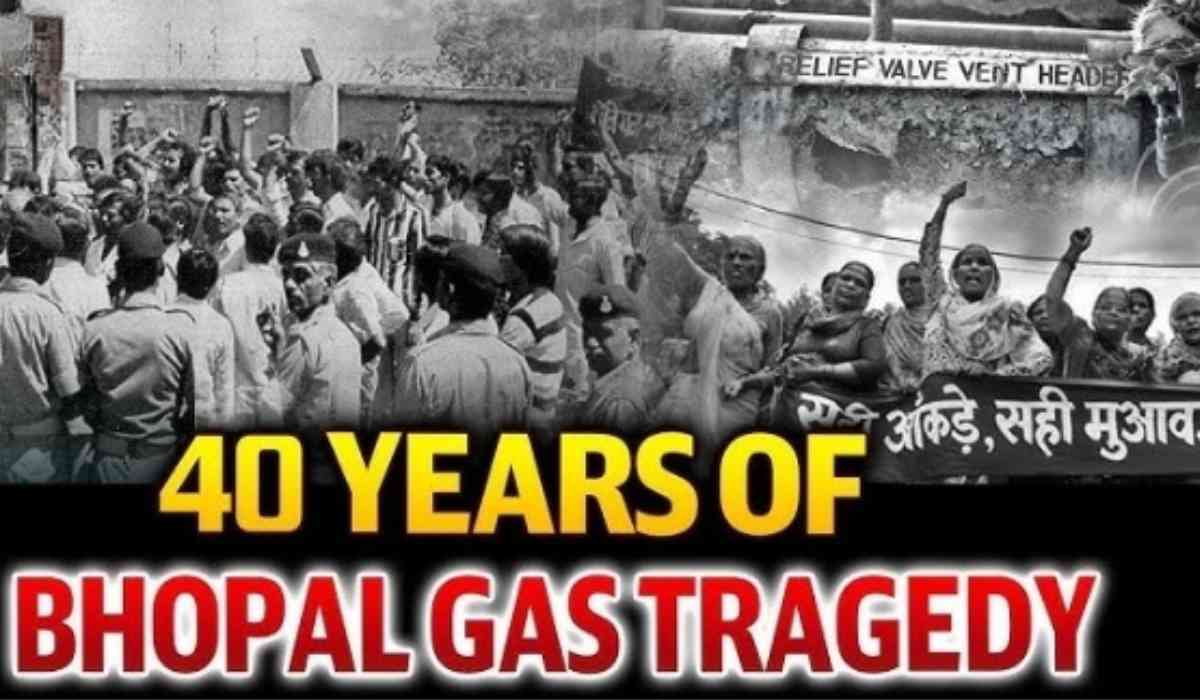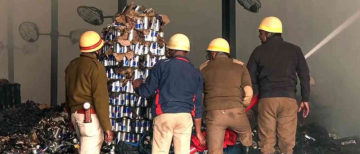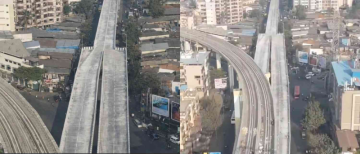A disastrous gas leak from Union Carbide's chemical factory in Bhopal on December 3, 1984, killed hundreds of lives and left an eternal mark of pain. The city has been struggling with the long-term health and ecological impacts of this disaster for 40 years. The waste from Union Carbide place affected the soil and water, producing a dangerous legacy that continues today. The long-awaited cleanup of the dangerous waste still came to an end in 2025
The Toxic Legacy of the Bhopal Gas Tragedy
The Bhopal Gas Disaster continues to be considered one of the most horrific industry disasters in history. Approximately 15,000 or more people died as a result of being around methyl isocyanate gas, and many more experienced long-term health problems. The factory's end didn't put an end to the suffering that resulted; the area was still affected by toxic chemicals, affecting both the environment and the health of people.
The Union Carbide factory's waste, including chemicals, dangerous chemicals, and other industrial waste, was left ignored for years. The already horrible conditions for the locals were being made more dangerous by these chemicals, which were constantly leaking into the earth and toxic to the air, soil, and water. The waste's presence at the centre of Bhopal came to represent the tragedy's not solved work, forcing people to live in continuous anxiousness.
A Long-Awaited Cleanup Begins
The cleaning process finally started after years of calls for action, legal proceedings, and pressure. A multi-phase strategy to remove dangerous chemicals from the area was granted by the Madhya Pradesh High Court in early 2025. Work to properly remove the government agencies and ecological experts.
The government and local organisations worked together to come up with a plan that would clear the waste while reducing the dangers to the ecology. In this procedure, dangerous chemicals neutralize and are transferred safely to waste areas, and if needed, the soil is restored. Over 350 tonnes of dangerous chemicals must be removed from one of the most known chemical factories in history, making this a huge challenge.
What’s Changed in 40 Years
In addition to being an important step towards Bhopal's recovery, the clean-up represents a large change in the way industrial waste is managed globally. The accident acted as an alert, demanding the chemical industry to improve its disaster management as well as implement more challenging ecological regulations.
Problems like dangerous waste in Bhopal can now be managed to advance in technology in waste management, better ecological regulations, and more understanding by the public. Modern chemical removal procedures are used as well in this cleaning, which is an important advancement on the low-quality methods that had been used to deal with dangerous chemicals.
It's important to underestimate the impact of activists, ecological NGOs, and community pressure. Their constant efforts to raise awareness of the problem have maintained the need for ecological recovery and justice. Years of struggle and anxiety, along with a changing legal system that now forces industries' responsibility, contributed directly to the long-awaited cleanup.
The Road to Recovery
According to Bhopal, the 1984 tragedy's accidents are still there even though Union Carbide's dangerous waste was removed. The emotional trauma is still very much there and thousands of survivors continue to struggle with long-term disasters. Still, it's an important first step in the city's continuous recovery. In order to recover a community that was destroyed by industrial carelessness ecological recovery is an important step.
It will take months to clean up, and now the focus will be on making sure the nearby water and land are properly restored. The local government and ecological organization have committed to keeping an eye on the area in case there are reports of further chemical contamination.
With inputs from agencies
Image Source: Multiple agencies
The views expressed are personal to the author and do not reflect the platform's opinion of the same.
© Copyright 2024. All Rights Reserved Powered by Vygr Media.
Author Bio
Mohd Ibad, an English Graduate, is a skilled content writer specializing in creative content, blogs, and SEO-optimised articles. His work blends creativity with strategy, ensuring engaging and high-impact content. Dedicated and perfect, he consistently delivers quality results. With a keen eye for detail and a deep understanding of audience engagement, he tailors content to meet the unique needs of each project. Ibad's expertise in optimizing content for search engines ensures that his work not only captures attention but also drives measurable traffic. His commitment to excellence and timely delivery makes him a reliable and trusted professional in the field of content writing.






















